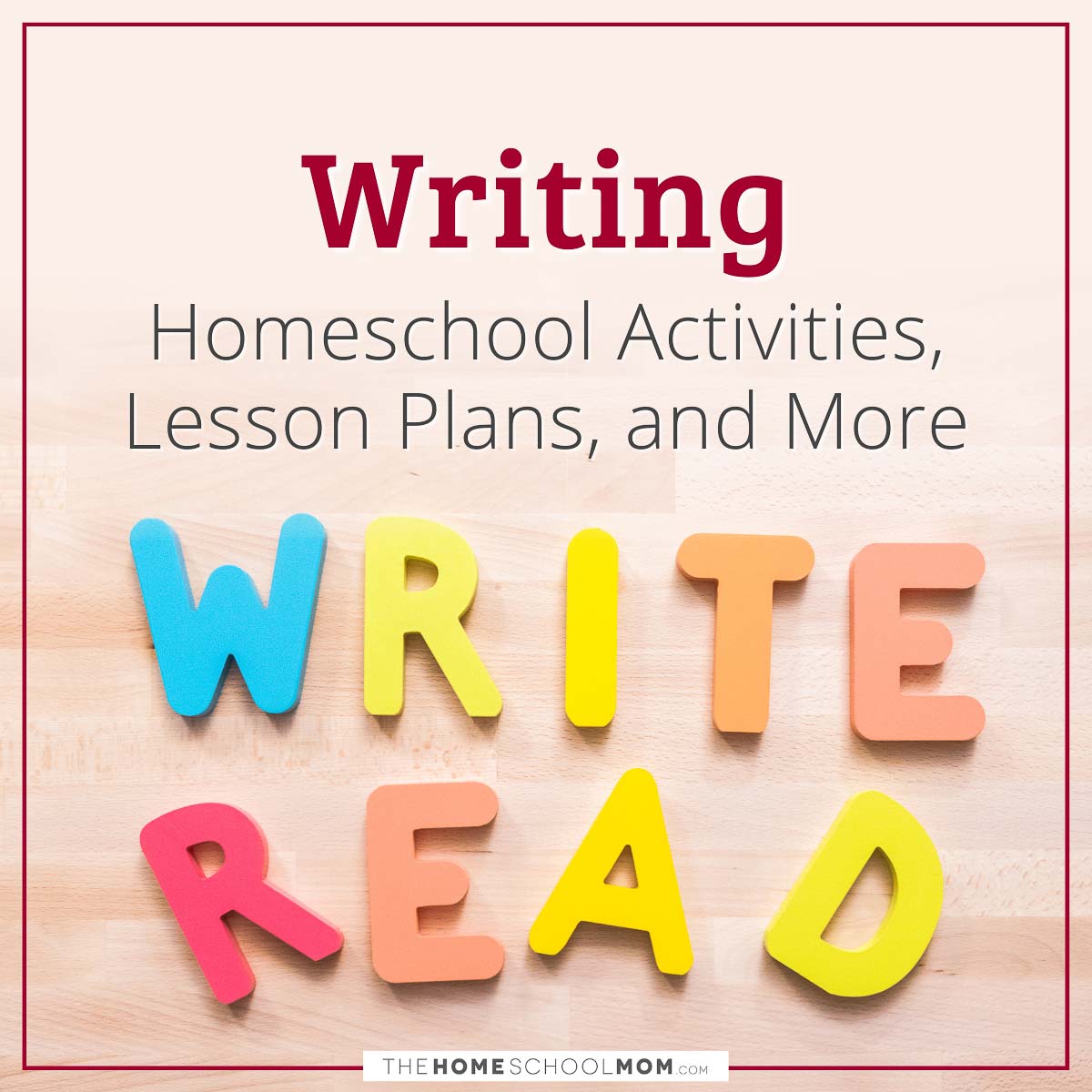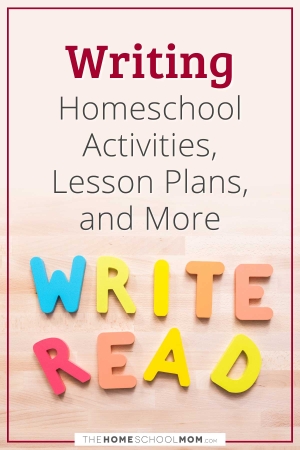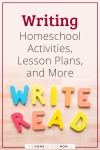- Y—Young (PreK-3rd)
- M—Middle (4th-6th)
- O—Older (7th-12th)
- T—Teacher Resources
The Wrong Way to Teach Grammar
This article in the Atlantic points out why content must come before form if we are to create good writers. While it is relevant to all ages, it is particularly important for high school composition.
Core Knowledge Language Arts Curriculum
Use the filters & search on the main page to narrow down by grade and subject to find the writing resources.
Merriam-Webster Online
Not just a dictionary source. Also offers Free games on line such as Daily Crossword, PuzzleWord Game, Daily Buzzword For Kids, Word of the Day and a Daily Podcast

Easy Essay
An automated information organization program helpful for people who have a hard time organizing their thoughts. Through an interactive form, the user inputs a basic 3 point outline with a thesis statement. The outline form guides you through the addition of facts to support your points then gives you a split screen with the generated outline on one side and a text box into which you type your essay on the other side. Students who have trouble coming up with a consistent and logical outline will find it helpful.
10 Big Myths about copyright explained
This is a particularly muddy issue with the ease of copying and pasting (or forwarding) online, whether in email or to a website. Since many people have varying ideas about what copyright does and doesn't protect, reminders about this topic are useful and relevant once in awhile. I particularly like the examples and explanations found on this site. Enjoy, and remember: violating copyright breaks the food chain!
How to Study
We all know that studying is a skill to be learned, not a talent one is born with. From Taking Notes in Class to how to succeed on an Essay Test, this site gives useful and practical ways to succeed. When you click a link, scroll down to see the results - the page will not appear to change when clicking links since what changes is out of site below. The site is provided by two education professors who developed more detailed study skills programs that can be purchased from the site.
Read Write Think Student Materials
The Student Materials are part of a larger project from NCTE, Marco Polo, and and International Reading Association. The larger site includes many lesson plans, easily sorted by topic and grade. The Student Materials include online tools that teach students concepts like acrostics, bio-cubes (for biographies), comic creators, drama maps, essay maps, and much more. Kids who don't like the physical aspect of handwriting will enjoy using the tools on Read Write Think to show off their writing skills.
The Misadventures of Foot In Mouth Man
"A loveable but bumbling communicator, FIMM stumbles his way through life!... FIMM Fans have watched him through many episodes sticking his foot in his mouth so often he has Athlete's Tongue!"
PIZZAZ Writing Assignments
Created for ESL teachers, these assignments are also easily adapted for use with beginning writers.




